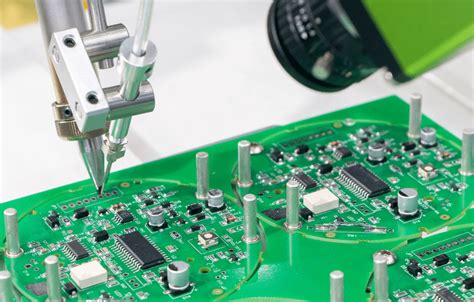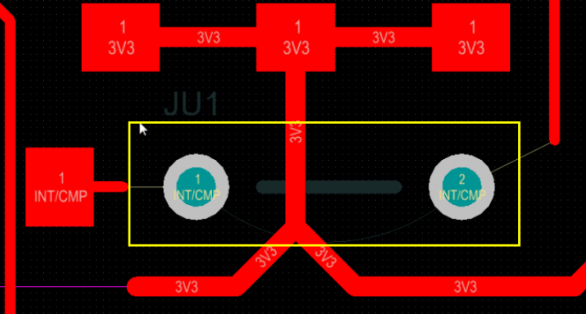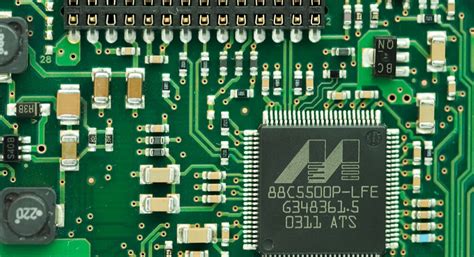Low-Cost Short Run PCB Assembly with Fast Turnaround
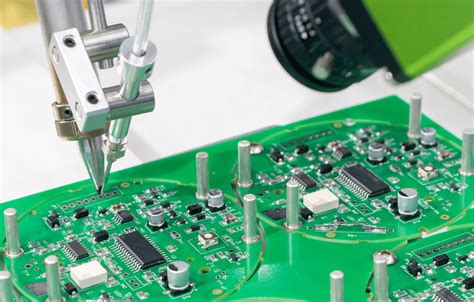
Key Takeaways
When evaluating PCB assembly options for prototyping or limited production runs, balancing cost efficiency with speed is paramount. Short run PCBA services cater specifically to projects requiring rapid iteration and small-batch scalability, eliminating the financial burden of high-volume commitments. By leveraging optimized manufacturing workflows, these solutions ensure fast turnaround times—often within 48–72 hours—without compromising on the precision or reliability of the final product.
A critical advantage lies in the ability to validate designs quickly, reducing development cycles and accelerating time-to-market. Modern PCB assembly providers integrate automated inspection processes and advanced soldering techniques to maintain consistent quality across low-volume orders. Additionally, flexible material sourcing and modular production setups enable cost-effective adjustments for design tweaks or component substitutions.
For startups and R&D teams, short run PCBA bridges the gap between concept validation and full-scale production, offering a budget-friendly pathway to test functionality, refine layouts, and gather user feedback. This approach minimizes upfront investment risks while ensuring seamless transitions to larger batches when needed. The combination of speed, affordability, and technical precision positions these services as indispensable tools for electronics innovation in fast-paced industries.
Transitioning into the next sections, we’ll explore how these benefits translate into tangible outcomes for specific use cases, from prototyping breakthroughs to agile product launches.
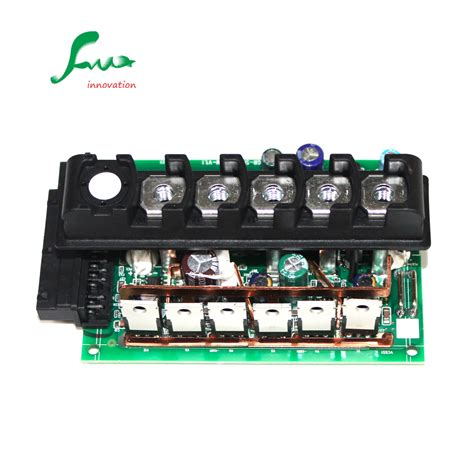
Affordable Short-Run PCB Assembly Solutions
For engineers and startups navigating tight budgets, short-run PCB assembly offers a strategic balance between cost efficiency and functional testing. By leveraging specialized PCBA services, teams can produce limited batches of 5–100 units without incurring the high upfront costs of mass production. Modern providers optimize material sourcing and automated processes to reduce per-unit expenses, enabling iterative testing and design refinements during prototyping phases.
Rapid turnaround remains a critical advantage, with many suppliers delivering fully assembled boards in 3–7 days. This speed is achieved through streamlined workflows, including just-in-time component procurement and precision PCB assembly techniques like surface-mount technology (SMT). Such agility allows developers to validate circuit performance, identify flaws, and accelerate time-to-market for competitive electronics projects.
Additionally, flexible order scaling ensures compatibility with evolving project needs. Whether validating a IoT sensor design or refining a medical device prototype, low-volume PCBA minimizes financial risk while maintaining industrial-grade quality standards. Advanced inspection protocols, such as automated optical inspection (AOI), further guarantee reliability without compromising affordability—a key consideration for R&D teams prioritizing both precision and budget control.
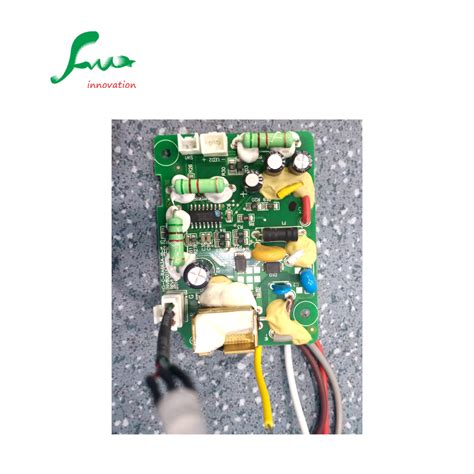
Fast-Turn PCB Prototyping Services
In modern electronics development, PCB assembly (PCBA) services with accelerated timelines are critical for validating designs before full-scale production. Fast-turn prototyping enables engineers to test functionality, identify design flaws, and iterate quickly without compromising quality. By leveraging advanced manufacturing workflows, providers can deliver functional prototypes within 48–72 hours, significantly reducing the traditional lead times associated with small-batch PCB assembly.
This agility is particularly valuable for startups and R&D teams working on tight schedules. High-speed PCBA solutions combine automated pick-and-place systems, precision soldering, and rigorous testing protocols to ensure reliability even under compressed timelines. Cost-effective prototyping further supports iterative design processes, allowing multiple revisions without inflating budgets.
Seamless integration between design files and assembly workflows minimizes errors, while just-in-time material sourcing prevents delays. Whether for IoT devices, medical equipment, or automotive systems, rapid PCB assembly services bridge the gap between concept validation and market-ready products. The ability to receive fully assembled boards within days accelerates debugging cycles and ensures compliance with performance benchmarks, ultimately shortening time-to-market for innovative electronics.
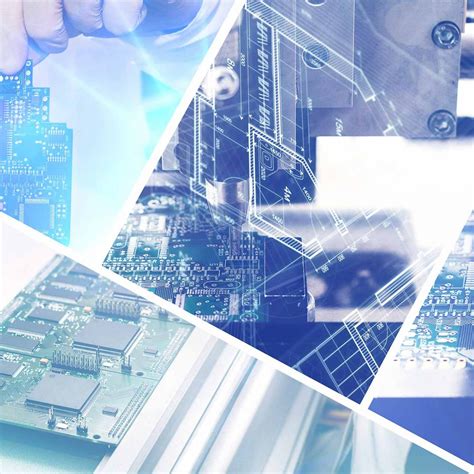
Low-Cost Small-Batch PCB Production
For hardware developers requiring PCB assembly services without large-volume commitments, modern PCBA solutions now offer cost-effective pathways for producing functional prototypes or limited-edition devices. By leveraging optimized manufacturing workflows and automated processes, suppliers can significantly reduce per-unit expenses for orders as small as 10–50 boards. This approach eliminates traditional barriers like high tooling fees or rigid minimum order quantities (MOQs), making design validation and market testing financially accessible.
A critical advantage of low-cost small-batch PCB production lies in its adaptability. Engineers can iterate designs between batches, incorporating feedback from initial testing phases without incurring prohibitive costs. For example:
| Production Model | Traditional Mass Production | Modern Small-Batch PCBA |
|---|---|---|
| Minimum Order Quantity | 500–1,000 units | 10–50 units |
| Cost Per Unit | $2.50–$5.00 | $6.00–$12.00 |
| Lead Time | 4–6 weeks | 5–10 business days |
| Design Flexibility | Limited post-production | Revisions between batches |
This framework enables teams to prioritize functional verification and user experience refinement during early development stages. Advanced PCB assembly partners further mitigate risks by offering design-for-manufacturability (DFM) checks and material optimization guidance, ensuring even compact orders meet industry-grade reliability standards. By aligning fabrication timelines with agile project cycles, businesses can accelerate time-to-market while maintaining strict budget controls.
Quick-Turnaround PCB Assembly Benefits
Leveraging PCB assembly services with rapid turnaround times enables engineers and product teams to streamline development cycles while maintaining cost efficiency. By reducing lead times for PCBA prototypes or small batches, businesses gain flexibility to conduct iterative testing and refine designs without prolonged delays. This agility is particularly valuable for time-sensitive projects requiring swift market entry or compliance with tight production schedules.
Modern short-run PCB assembly providers utilize advanced manufacturing workflows, such as automated pick-and-place systems and optimized solder paste application, to ensure consistent quality even under accelerated timelines. These processes minimize human error while supporting high-mix, low-volume orders—ideal for startups or R&D departments balancing budget constraints with technical precision. Additionally, fast-turn services often integrate just-in-time inventory strategies, allowing clients to order smaller quantities without sacrificing speed or reliability.
The ability to rapidly transition from design validation to functional PCBA units also mitigates risks associated with component obsolescence or supply chain disruptions. Engineers can validate firmware updates, thermal performance, and mechanical fitment earlier in the development phase, reducing costly revisions during mass production. For industries like IoT or medical devices, where certification timelines are critical, quick-turn PCB assembly acts as a strategic enabler for maintaining competitive advantage while adhering to rigorous quality standards.
Budget-Friendly Prototype PCB Services
For innovators and startups, balancing cost and quality during the PCB assembly phase is critical. Budget-friendly prototype services enable teams to test designs without overspending, offering tailored solutions for low-volume runs. By leveraging economies of scale in material sourcing and optimized manufacturing workflows, providers deliver PCBA units at competitive rates while maintaining rigorous quality standards.
Tip: Consider consolidating multiple design iterations into a single order to reduce per-unit costs. Many suppliers offer discounts for bundled prototype batches.
Advanced PCB assembly technologies, such as automated pick-and-place systems and precision soldering, ensure consistent results even for complex layouts. This eliminates costly rework and accelerates validation cycles. Additionally, transparent pricing models—free of hidden fees for setup or tooling—allow engineers to forecast expenses accurately. For projects requiring rapid validation, partnering with a PCBA specialist that offers design-for-manufacturing (DFM) feedback can further streamline costs by identifying potential issues early.
Transitioning from prototypes to small-batch production becomes seamless when working with a single provider, ensuring continuity in quality and pricing. This approach not only safeguards budgets but also keeps development timelines on track, making it ideal for industries like IoT and wearable tech where agility is paramount.
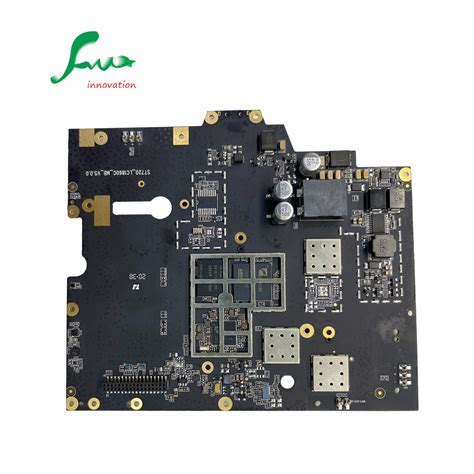
High-Quality Short-Run Board Assembly
Achieving high-quality PCB assembly in low-volume production requires precision-driven processes tailored for small batches. Modern PCBA providers leverage automated pick-and-place systems and advanced soldering techniques to ensure consistent results, even for orders as small as 10-50 units. Critical components, such as fine-pitch ICs or BGAs, demand meticulous placement accuracy, which is maintained through real-time optical inspection (AOI) and automated testing protocols.
To balance cost and quality, manufacturers optimize material sourcing—using industry-grade substrates and lead-free solders—while minimizing waste through lean production workflows. This approach ensures that short-run PCB assembly meets the same reliability standards as mass-produced boards. For innovators prioritizing rapid iteration, pairing fast-turn fabrication with rigorous quality checks reduces rework risks, enabling faster transitions from prototype validation to market-ready designs. By collaborating with certified PCBA partners, developers gain access to traceable supply chains and compliance with IPC-A-610 or ISO-9001 standards, safeguarding performance across temperature cycles and mechanical stress tests.
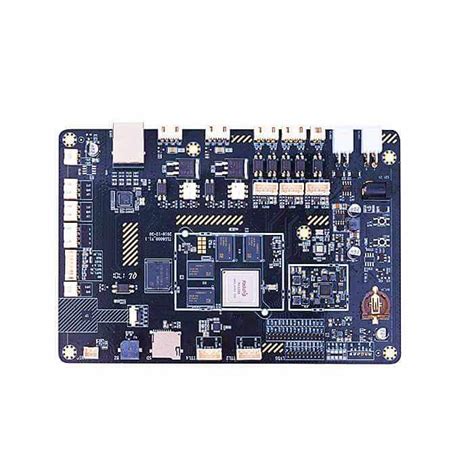
Accelerate Development with Fast PCB Builds
In today’s competitive electronics landscape, PCB assembly services with accelerated timelines are critical for maintaining project momentum. By leveraging PCBA providers that specialize in rapid builds, engineering teams can compress development cycles from weeks to days—enabling faster prototyping and more agile response to design feedback. This acceleration is particularly valuable for iterative testing phases, where even minor delays can cascade into missed market opportunities.
Streamlined PCB assembly processes, combined with advanced manufacturing workflows, ensure that small-batch orders maintain the same precision as high-volume production. For startups and R&D departments, this means cost-effective access to functional boards without compromising quality. Moreover, rapid-turn PCBA solutions reduce idle time between revisions, allowing engineers to validate enhancements and pivot designs swiftly.
Industries like IoT, wearables, and medical devices benefit immensely from this agility, as faster builds align with stringent timelines for certification and deployment. By integrating speed with reliability, modern PCB assembly services bridge the gap between concept and commercialization, empowering innovators to stay ahead in fast-evolving markets.
Rapid PCB Assembly for Electronics Innovation
Modern electronics development thrives on rapid PCB assembly services that bridge the gap between conceptual designs and functional prototypes. For innovators working on IoT devices, wearables, or robotics, the ability to iterate quickly is critical. Short-run PCBA solutions enable engineers to test multiple design variations without committing to large-scale production, reducing both financial risk and time-to-market. Advanced manufacturing techniques, such as automated pick-and-place systems and precision soldering, ensure high-quality assemblies even for complex, multilayer boards.
By leveraging low-volume PCB assembly services, startups and R&D teams can maintain agile development cycles, adapting to technical challenges or market feedback in real time. This approach is particularly valuable for emerging technologies requiring frequent design tweaks, such as AI-powered sensors or energy-efficient circuits. The integration of fast-turnaround fabrication with prototype-friendly PCBA workflows accelerates validation phases, allowing developers to transition from schematic to physical testing within days.
For electronics innovators, the synergy between speed and precision in small-batch PCB assembly creates a competitive edge. Whether refining a novel connectivity module or optimizing power distribution networks, rapid iterations supported by reliable PCB production services ensure that groundbreaking ideas evolve into market-ready products efficiently.
Conclusion
In closing, short-run PCB assembly services offer a balanced approach for projects requiring both cost efficiency and accelerated timelines. By focusing on low-volume production, businesses can minimize upfront investments while maintaining flexibility during PCBA development stages. The integration of fast-turnaround PCB assembly not only streamlines prototyping but also supports iterative testing, ensuring design refinements align with performance expectations.
For startups and established enterprises alike, leveraging agile manufacturing processes in PCB assembly reduces time-to-market risks, particularly when transitioning from concept validation to limited production runs. Modern PCBA providers employ optimized workflows that maintain quality standards without compromising speed—a critical factor in industries where technological advancements occur rapidly.
Ultimately, the strategic adoption of short-run PCB assembly bridges the gap between experimental innovation and scalable manufacturing, empowering teams to adapt to market demands with precision. Whether addressing niche applications or piloting new technologies, this approach underscores the importance of aligning technical capabilities with business agility.
FAQs
What defines a short run in PCB assembly?
A short run typically refers to producing PCBA quantities ranging from 1 to 100 units. This approach is ideal for prototyping or small-batch testing, allowing engineers to validate designs before committing to large-scale manufacturing.
How do manufacturers reduce costs for low-volume orders?
Providers optimize PCB assembly expenses through automated processes, standardized materials, and panelization techniques. Many also offer shared panel services, spreading costs across multiple clients without compromising quality or turnaround speed.
Can fast-turnaround services maintain high-quality standards?
Yes, reputable PCBA suppliers combine advanced equipment with rigorous testing protocols. Automated optical inspection (AOI) and functional testing ensure even rush orders meet industry specifications for reliability and performance.
What industries benefit most from quick-turn PCB assembly?
Medical devices, IoT hardware, and automotive electronics frequently use rapid prototyping to accelerate development cycles. Startups and R&D teams also leverage these services to iterate designs efficiently during early-stage product validation.
Are there minimum order requirements for prototype services?
Most suppliers accommodate single-board PCB assembly for prototypes, though pricing may vary. For batches under 10 units, verify if the provider offers dedicated small-order workflows to avoid delays.
Ready to Start Your Project?
For tailored PCB assembly solutions that balance speed, cost, and quality, please click here to explore customized options. Our team specializes in transforming concepts into functional boards within critical timelines.

